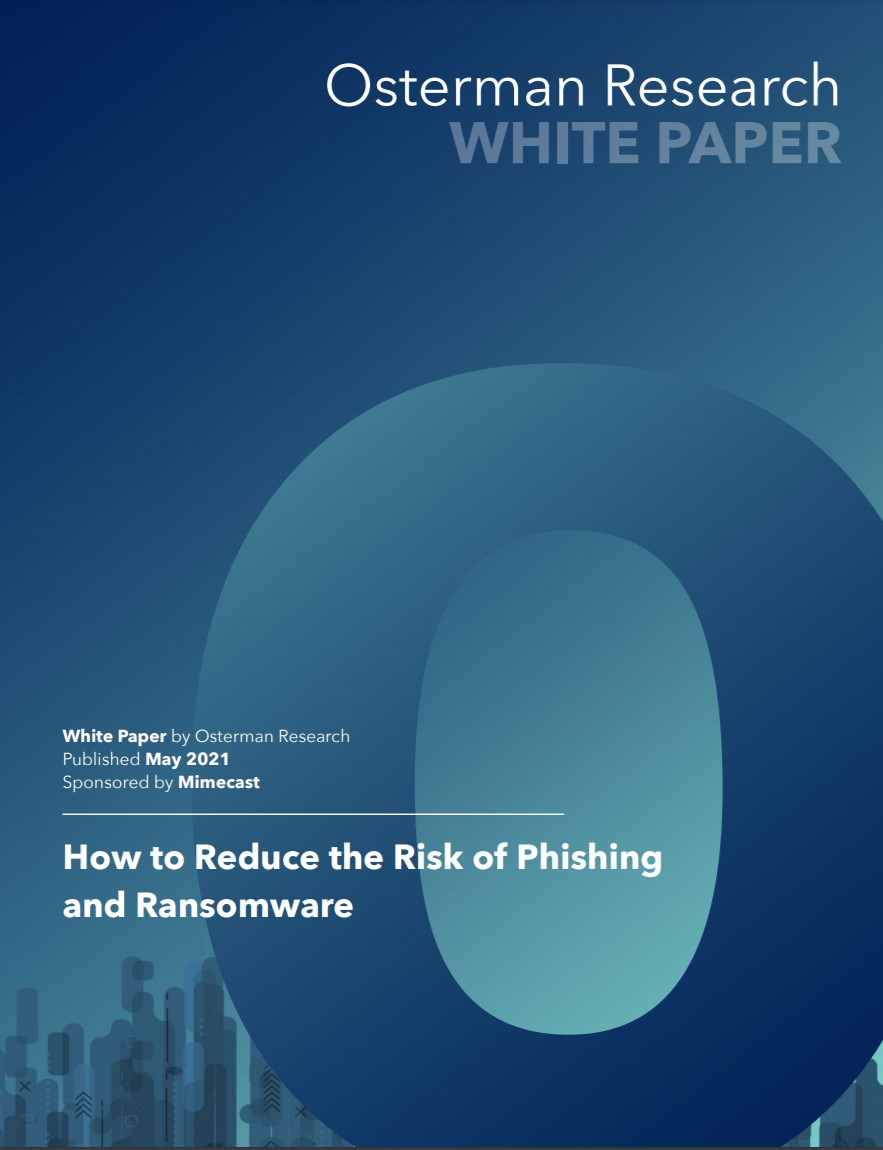Hackers turn to Prometheus to deliver ransomware threats to victims
Campo Loader, IcedID, QBot, SocGholish, and Buer Loader all served up ransomware attacks on US government agencies.


Security researchers have discovered a malware-distribution service hackers use to deliver a multitude of ransomware threats to victims.
Researchers at Group-IB first observed the service in the spring of 2021. An unusual pattern of a downloader's distribution, previously described by researchers at Unit 42 and McAfee, unearthed a new technique designed to hide documents containing malicious links from web scanners' radars.
Group-IB’s researchers found a similar pattern also helps distribute malware, such as Campo Loader, IcedID, QBot, SocGholish, and Buer Loader. They then discovered at least 3,000 targets of separate malware campaigns using the same scheme.
Further analysis established the two most active campaigns. The first campaign targeted individuals in Belgium, and the second one aimed for companies, corporations, universities, and government organizations in the US.
Researchers said they have handed over evidence of identified Prometheus TDS targets and affected companies to the US, German, and Belgian CERTs.
Researchers concluded hackers carried out these campaigns using the same malware-as-a-service solution. Researchers then found a sale notice for a service designed to distribute malicious files and redirect users to phishing and malicious sites on the dark web. This service is named Prometheus TDS (Traffic Direction System).
The Prometheus TDS service distributes malicious files and redirects visitors to phishing and malicious sites. It has an administrative panel, where an attacker configures the necessary parameters for a malicious campaign: downloading malicious files and configuring restrictions on users' geolocation, browser version, and operating system.
Sign up today and you will receive a free copy of our Future Focus 2025 report - the leading guidance on AI, cybersecurity and other IT challenges as per 700+ senior executives
RELATED RESOURCE

How to reduce the risk of phishing and ransomware
Top security concerns and tips for mitigation
“To prevent victims of malicious campaigns from interacting with the administrative panel directly, which may result in the attacker's server being disclosed and blocked, Prometheus TDS uses third-party infected websites that act as a middleman between the attacker's administrative panel and the user,” said researchers.
The service has operated since August 2020 and costs hackers $250 per month.
“The owner of the service claimed that Prometheus TDS is an ANTIBOT redirect system designed to send out emails, work with traffic, and for social engineering. In addition, Prometheus TDS can validate web shells, create and configure redirects, operate via proxy, and work with Google accounts, etc.,” said researchers.
Moreover, the system can validate users based on a blacklist, making it possible for malicious links to avoid being added to antivirus and spam databases.
Rene Millman is a freelance writer and broadcaster who covers cybersecurity, AI, IoT, and the cloud. He also works as a contributing analyst at GigaOm and has previously worked as an analyst for Gartner covering the infrastructure market. He has made numerous television appearances to give his views and expertise on technology trends and companies that affect and shape our lives. You can follow Rene Millman on Twitter.
-
 What is Microsoft Maia?
What is Microsoft Maia?Explainer Microsoft's in-house chip is planned to a core aspect of Microsoft Copilot and future Azure AI offerings
-
 If Satya Nadella wants us to take AI seriously, let’s forget about mass adoption and start with a return on investment for those already using it
If Satya Nadella wants us to take AI seriously, let’s forget about mass adoption and start with a return on investment for those already using itOpinion If Satya Nadella wants us to take AI seriously, let's start with ROI for businesses
-
 There’s a dangerous new ransomware variant on the block – and cyber experts warn it’s flying under the radar
There’s a dangerous new ransomware variant on the block – and cyber experts warn it’s flying under the radarNews The new DeadLock ransomware family is taking off in the wild, researchers warn
-
 Hacker offering US engineering firm data online after alleged breach
Hacker offering US engineering firm data online after alleged breachNews Data relating to Tampa Electric Company, Duke Energy Florida, and American Electric Power was allegedly stolen
-
 Cybersecurity experts face 20 years in prison following ransomware campaign
Cybersecurity experts face 20 years in prison following ransomware campaignTwo men used their tech expertise to carry out ALPHV BlackCat ransomware attacks
-
 15-year-old revealed as key player in Scattered LAPSUS$ Hunters
15-year-old revealed as key player in Scattered LAPSUS$ HuntersNews 'Rey' says he's trying to leave Scattered LAPSUS$ Hunters and is prepared to cooperate with law enforcement
-
 The Scattered Lapsus$ Hunters group is targeting Zendesk customers – here’s what you need to know
The Scattered Lapsus$ Hunters group is targeting Zendesk customers – here’s what you need to knowNews The group appears to be infecting support and help-desk personnel with remote access trojans and other forms of malware
-
 Impact of Asahi cyber attack laid bare as company confirms 1.5 million customers exposed
Impact of Asahi cyber attack laid bare as company confirms 1.5 million customers exposedNews No ransom has been paid, said president and group CEO Atsushi Katsuki, and the company is restoring its systems
-
 The US, UK, and Australia just imposed sanctions on a Russian cyber crime group – 'we are exposing their dark networks and going after those responsible'
The US, UK, and Australia just imposed sanctions on a Russian cyber crime group – 'we are exposing their dark networks and going after those responsible'News Media Land offers 'bulletproof' hosting services used for ransomware and DDoS attacks around the world
-
 A notorious ransomware group is spreading fake Microsoft Teams ads to snare victims
A notorious ransomware group is spreading fake Microsoft Teams ads to snare victimsNews The Rhysida ransomware group is leveraging Trusted Signing from Microsoft to lend plausibility to its activities
